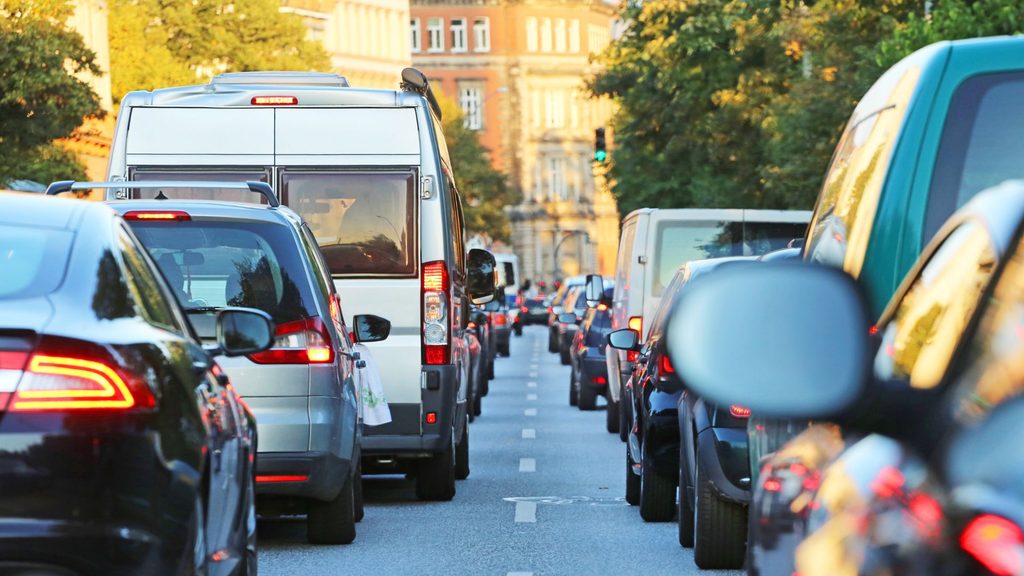All 27 EU member states ruled out a further tightening of pollution standards for exhaust gases from passenger cars on Monday, on the grounds that it could dissuade manufacturers from investing in electric vehicles.
The proposal from Spain, which holds the rotating presidency of the EU Council until the end of the year, was adopted on Monday despite opposition from Germany. It would leave emission limits and test conditions for passenger cars and light commercial vehicles virtually unchanged from the previous standard, Le Soir reports.
Driven in particular by France and Italy, the EU-27 voted in favour of less ambitious regulations than those proposed by the European Commission in November 2022, with the aim of preserving the competitiveness of the automotive industry and its 14 million jobs in the EU.
The European Commission's intention was to significantly reduce nitrogen oxide (NOx) and fine particle emissions from vehicles, as air pollution is responsible for 70,000 deaths every year in the EU. But the automotive industry had warned of the impact of overly stringent standards on employment and on the price of cars, which are already becoming increasingly less affordable for the middle classes.
All 27 Member States have now decided to considerably soften the initial proposal as a result. The final text, however, must still be negotiated in the European Parliament, which has yet to define its position.
'Not necessarily essential'
The proposal entails lowering emission thresholds for heavy goods vehicles and introducing limits on particulate emissions caused by brake and tyre wear for the first time in Europe.
France welcomed the Council's position: "As we have decided together to move away from internal combustion engines, it is not necessarily essential to add regulation [to these engines]", explained French Minister for Industry Roland Lescure.
The European Union has agreed to end sales of new petrol and diesel cars from 2035, in favour of 100% electric vehicles. This planned phase-out of combustion engines should reduce CO2 emissions from private cars to zero, thereby contributing to the continent's goal of carbon neutrality by 2050. In August, for the first time, the share of electric cars exceeded 20% of total registrations in Europe, helping to reduce exhaust emissions.
"We need to initiate this transition without imposing a disproportionate burden on businesses. Otherwise they will no longer be able to invest, which would take us further away from our ecological objective", said the Italian Minister for Enterprise, Adolfo Urso.
Faced with massive investment to develop their new electric ranges in the face of formidable competition from Tesla and Chinese manufacturers, the automotive industry wants to avoid additional investment in combustion engines, which are expected to disappear anyway.
Related News
- How many cars do most Belgians have?
- Belgium's first-ever converted electric vintage car unveiled in Brussels
- Car-Free Sunday saw 'significant reductions' in air and noise pollution
Paris and Rome co-signed a text in the spring opposing a further tightening of exhaust pollution standards for cars and light commercial vehicles. This position was shared by Bulgaria, Hungary, Poland, Czechia, Romania and Slovakia, who were also signatories.
"The current draft is considerably weaker than the European Commission's initial proposal", however, deplored German Green Secretary of State Sven Giegold, criticising the "unambitious test conditions and limit values."
Other countries followed Germany's lead. Dara Calleary, the Irish Minister of State for Transport, stressed that "internal combustion vehicles sold until 2035 will remain on the road for a very long time" and claimed that "the European market risks falling behind China, the United States and Canada, where standards are higher."

